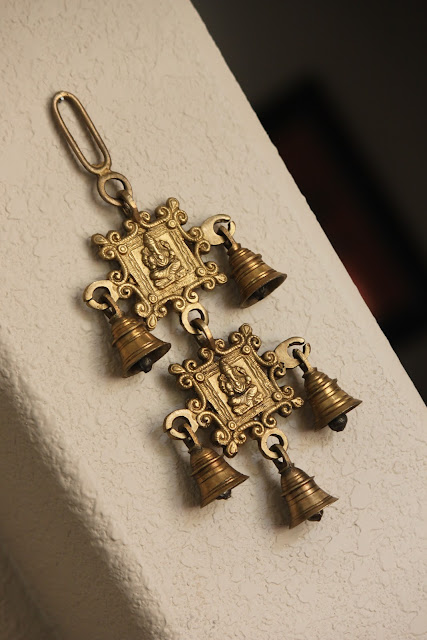Many cultures have ceased to make dishes that involve fermentation. Not that I fear
Idli will
soon become one but with many opting to buy idli batter rather than
making it at home makes this dish a highly likely candidate. The weather
in USofA does make it a tad bit more harder for new cooks to master
this recipe. Unfortunately, there are no short cuts, practice is what
makes the mastery of this recipe perfect. Like most South Indians you
will find me paranoid about perfecting the technique to result in soft
idlis comparable to how a handful of jasmine flowers feels like. The
reference to jasmine flowers is as old as idli itself and is a yard
stick used to measure how well a cook performs.
Ingredients
3 Cups Par Boiled Rice or Idli rice
1 Cup Whole Urad Dal with no skin
Optional Ingredients
2 tsp Fenugreek seeds
1 tbs Thick Poha or flattened rice
Method
Soak
rice, urad dal, poha and fenugreek seeds separately in water for a few
hours. Fenugreek seeds need to be soaked overnight. A couple of hours is
sufficient for urad dal. The longer this is soaked, the less softer the
idli gets. Poha also needs to be soaked for less than an hour depending
on the thickness of the variety. Thinner ones needs less soaking time.
Grind the rice using a wet grinder along with the poha and fenugreek seeds in batches depending on the size of the grinder.
Grind the urad dal using a wet grinder. The Indian Mixie aka blender
does not
work for the urad dal as it does not aerate the batter like the wet
grinder does. Add very little water while grinding. Again, too much
water negates the aeration process. Let it grind before you add more
water.
Mix the rice and urad dal batters with salt and
leave it overnight for the batter to ferment. I usually leave the
batter in my un-heated oven. Use a much bigger container as the batter
almost doubles in size. The last thing you want is for the batter to
overflow in your oven.
The following day mix the batter
to let out the gases created as a by-product of fermentation. Use the
idli making trays to make idlis. Scoop in less than a table spoon of
batter into each of the slot. Lesser the batter in each slot, softer the
idli turns out to be.
Fill the bottom of the pressure
cooker with up to an inch or 2 with water. Pressure cook with no weight
on for 20 minutes (does not matter how many idlis you load it with).
Switch off after 20 minutes, open the cooker gently right away.
You
could cool the racks and scoop the idlis with a spoon or rinse the back
of the idli plate with running cold water and then scoop the idlis out.
This cools the idlis a bit and they come off the rack without sticking.
Cool off for a bit and scoop it out with a spoon.
Serve hot with
Tomato chutney or sambar or chilli powder.
Dosa
I pretty much use the same batter to make dosa, once the idli batter has been sitting around in the refrigerator for a couple of days.

































